Culture April 2, 2020
What is cancel culture and why does it focus specifically on internet celebs?
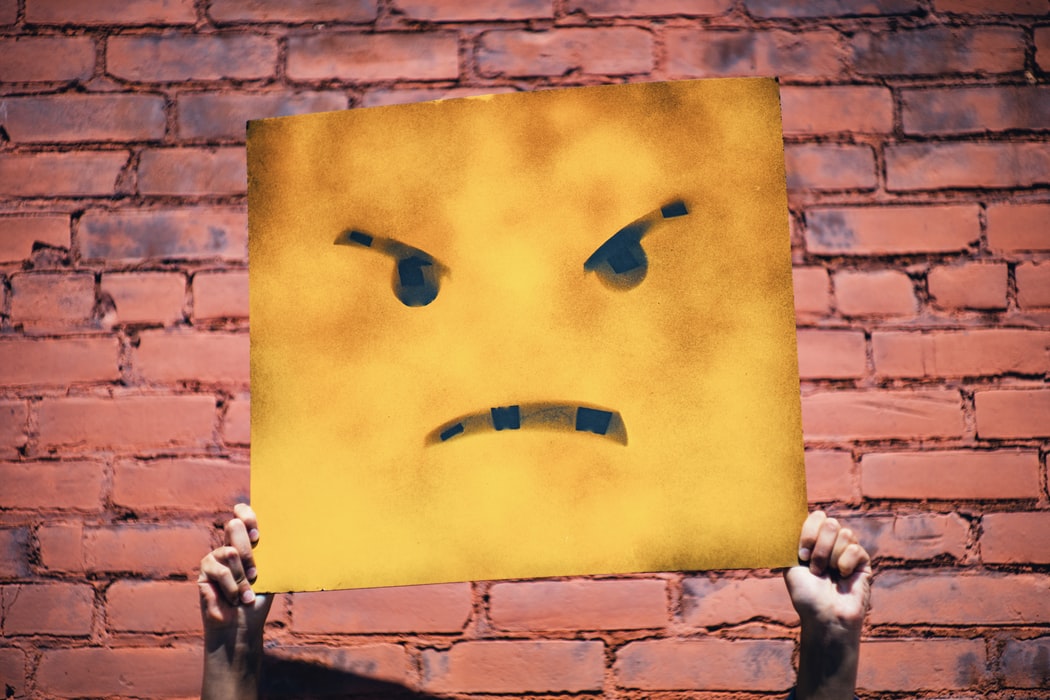

We’re currently wading in a cocktail of political correctness and a deep-rooted craving for change. Social media and its growing crew of influencers claw their way deeper and deeper into our lives every year. Thus, it’s no surprise that platforms like Twitter, YouTube, Instagram, and Facebook have borne new niches. One such niche that has captured the world’s attention is “cancel culture.”
Recent years have seen intense celebrity coups, in which public figures are “canceled,” typically for insensitive comments or sexual misconduct allegations.
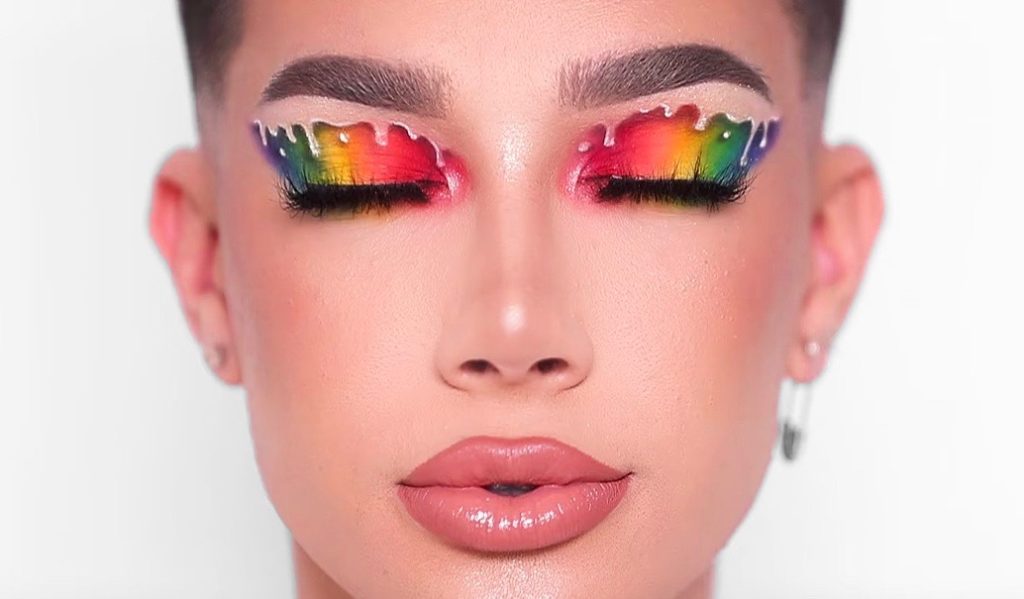
Before the advent of Twitter combined with a fervor for political correctness bore canceled culture, very few celebrities fell from grace. The limited transparency of the pre-social media world shielded personal lives from public view. A public figure seemingly had to try to anger the masses.
To this day, many still hate actress turned activist Jane Fonda for her 1972 photo-op in a Viet Cong tank. Meanwhile, many seem to have forgotten Rob Lowe’s relationship with an underage girl. The court of public opinion was never truly convened before the internet age, and now it’s in full swing. The mind boggles to think of the discourse that would surround Tiger Woods’s notorious cheating scandal or Angelina Jolie’s incestuous kiss.
Woody Allen has yet to recover from 1992 molestation charges by his ex-wife, Mia Farrow. Earlier that year, Farrow (and the world) discovered a shocking skeleton in the Academy Award winner’s closet. Allen, who was 57 at the time, had had sexual relations with his 21-year-old adopted daughter Soon-Yi Previn.
Public outrage was almost as fervent as Farrow’s. Allen has been doomed to wear a Scarlet M ever since. Since 1992, Allen has won one Academy Award in 2011 for Midnight in Paris, compared to the three he’d won in the fifteen years before his reputation was shattered. Soon-Yi’s story was arguably the first instance of long-term repercussions for scandalous, cancelable behavior.
Cancel culture has brought forth many quandaries. Is it fair to put Kevin Spacey in the same breath as Jake Paul? Many have fallen victim to cancel culture due to ignorance or insensitivity. The following figures gained their standing through for bonafide crimes.
Among proto-cancelations includes Phil Spector, the iconic producer of the 1960s, who re-entered the spotlight in 2003 for a murder charge in the killing of Lana Clarkson. Convicted and sentenced in 2009, Spector is one of the few canceled celebrities of yesteryear who hasn’t managed a comeback.
In 1994, a pedestrian discovered the bodies of Nicole Brown Simpson and Ron Goldman. Police authorities weren’t the only ones to point a finger at beloved football player and Naked Gun actor, Orenthal James Simpson. Throughout the so-called “trial of the century,” OJ and his dream team polarized the American psyche.
One of the most prolific media circuses in history combined with overwhelming evidence against the athlete damned Simpson in the public eye. Though many people (mostly black) were overjoyed with the innocent verdict, OJ was never able to recover from the accusations, and was “canceled.”
Rumors and allegations have plagued R. Kelly for the majority of his career, though it wasn’t his 1994 marriage to fifteen-year-old Aaliyah or 2002 child pornography charges that finally got the controversial musician canceled. In 2018, Time’s Up’s Women of Color branch called for a boycott of R.Kelly’s music, based on all of the singer’s past and present scandals.
Rumors persisted about Alfred Hitchcock’s (Weinstein-esque) treatment of his leading ladies for years, though Hitchcock never faced true scrutiny. The entertainment industry buzzed with horrifying casting couch stories, while the outside world chomped on popcorn, blissfully unaware. Public outcry was absent. Part of this is due to the ‘secrecy’ of sinister practices. As the information age came into full swing, a yearning for transparency and political correctness slowly lifted the veil.
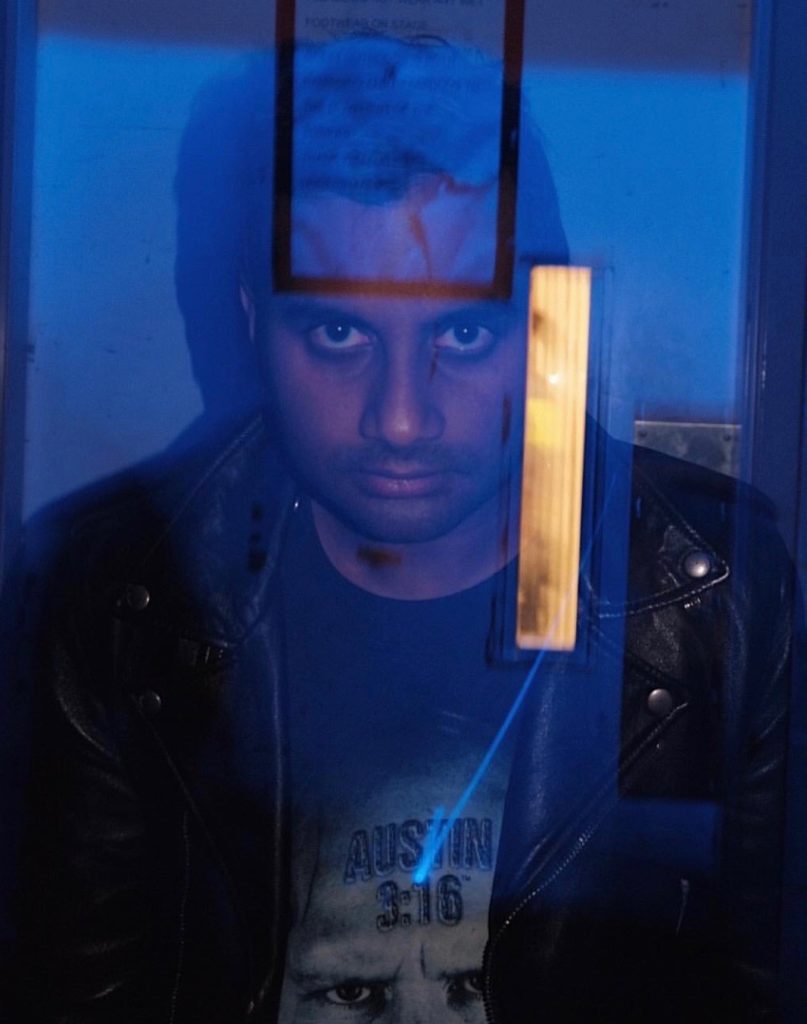

The issue that no one had cared about before was now the talk of the town. Countless voices crucified Louis C.K., Bill Cosby, President Donald Trump, Harvey Weinstein, Aziz Ansari and more for their respective accusations. Each of the men faced sexual harassment or assault accusations from various women.
Immediately after alleged victims came forward, the public sphere had almost unanimously turned on these men. President Trump continues to prevail, but most of these figures experienced instantaneous demise that spoke to a post #MeToo world.
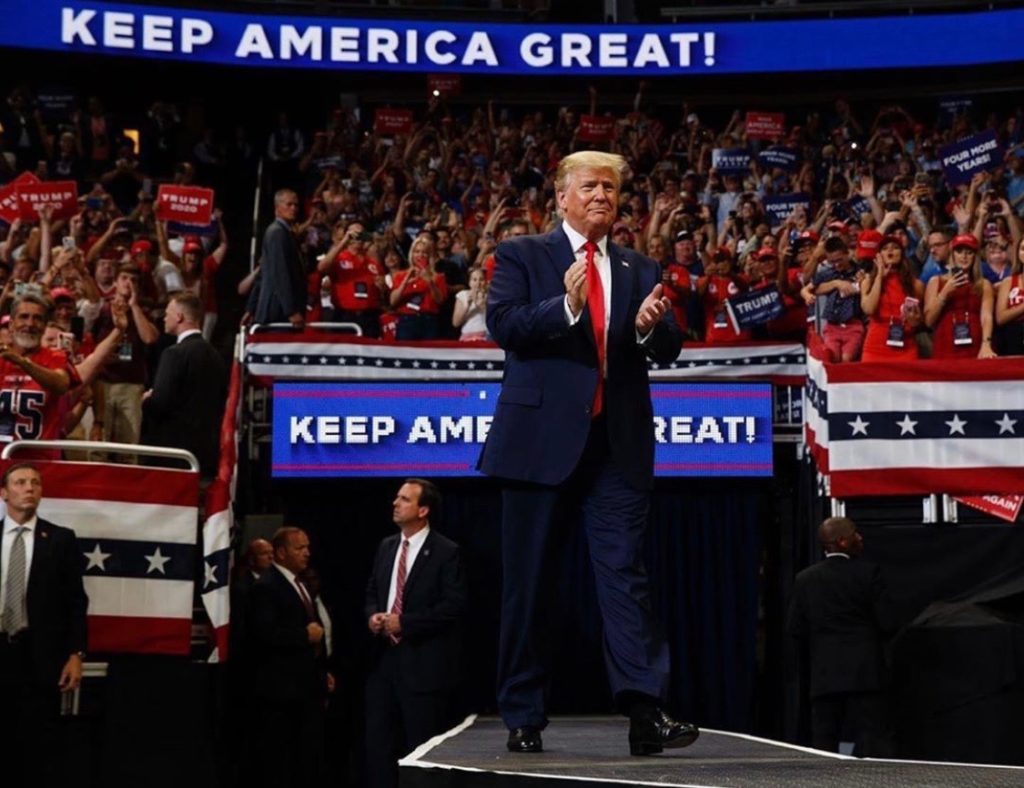

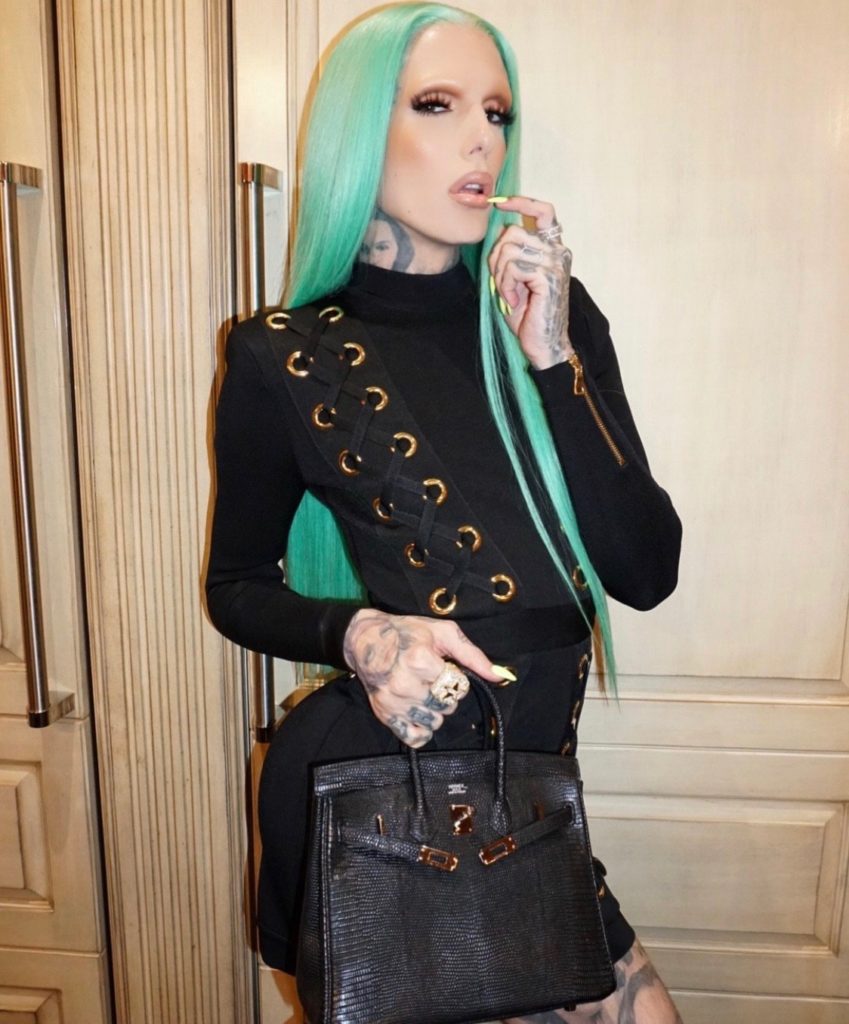

James Charles, Jeffree Star, and Tana Mongeau are some of the most despised people on the internet. Beside sexual predators and murderers, their crimes seem like child’s play. Yet, the internet continues to “cancel” influencers for lesser crimes than their mainstream counterparts.
What took serious federal offenses for stars like Lori Loughlin and Johnny Depp only required regrettable tweets and videos from these YouTubers’ pasts. The vehemence that the masses apply to #____iscanceledparty acts as a signal to all. Racist and insensitive language is no longer acceptable. Cancel culture began as a set of blue laws for celebrities has turned into an excuse to join hateful and primitive bandwagons. It has warped the internet into the Lord of the Flies. Cancel culture teaches us that forgiveness and discourse are not options at all, but relics of the past.


Where mainstream celebrities are too powerful and abstract to destroy, YouTubers we feel close to. We made them, and we can tear them down when we want to. This mentality has serious potential to create a generation of blind and self-righteous bullies if it hasn’t already.
No one should get away with blatantly racist, misogynistic, anti-semitic or otherwise offensive behavior. A culture that lets its influencers infect the zeitgeist with hatred. Blindly grasping for pitchforks, however, could do us even more damage.